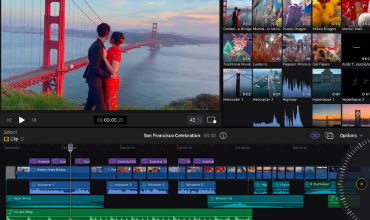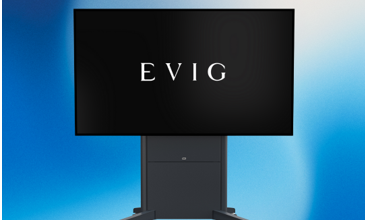The Ethics of AI-Generated Content: What You Need to Know

The rise of AI-generated content raises significant ethical considerations. Questions surrounding authorship and ownership emerge as creators grapple with the implications of machine-generated works. Additionally, the potential for plagiarism and misrepresentation of intellectual property looms large. As AI systems become increasingly integrated into content creation, ensuring authenticity and accuracy in their outputs is paramount. The landscape of digital content is shifting, demanding a closer examination of these pressing issues. What frameworks will emerge to guide this evolution?
Understanding AI-Generated Content
As AI technologies continue to advance, understanding AI-generated content becomes increasingly crucial for both creators and consumers.
The rapid evolution of AI capabilities enhances content generation, enabling the production of diverse materials across various platforms.
This progress necessitates a critical examination of the implications, as creators must navigate authenticity, while consumers assess the reliability and intent behind AI-generated outputs, ensuring informed choices.
See also: The Best Free AI Voiceover Tools You Should Try
The Question of Authorship and Ownership
While the integration of AI in content creation offers numerous benefits, it also raises complex questions regarding authorship and ownership.
The ambiguity surrounding authorship attribution complicates the identification of the true creator, often leading to ownership disputes.
As AI-generated works proliferate, establishing clear guidelines becomes essential to navigate these ethical challenges, ensuring that creators retain recognition and rights over their contributions.
Plagiarism and Intellectual Property Rights
How can the rise of AI-generated content challenge traditional notions of plagiarism and intellectual property rights?
The blending of human and machine creativity introduces significant plagiarism risks, as content may inadvertently replicate existing works.
Additionally, copyright implications arise when determining ownership of AI-generated material.
This evolving landscape demands a reevaluation of existing frameworks to protect creators while fostering innovation and freedom in content generation.
Ensuring Authenticity and Accuracy in AI Outputs
Given the rapid advancement of AI technologies, ensuring authenticity and accuracy in AI-generated content has become a critical concern for creators, consumers, and regulators alike.
Key strategies include:
- Implementing robust content verification processes.
- Establishing ethical standards guiding AI development and deployment.
- Promoting transparency in AI algorithms and data sources.
These measures are essential for fostering trust and accountability in the evolving landscape of AI-generated content.
Conclusion
In conclusion, the ethics surrounding AI-generated content demand urgent attention as they shape the future of creativity and information dissemination. As the digital landscape evolves at lightning speed, stakeholders must prioritize transparency and accountability to prevent the chaos of misinformation. The responsibility lies not only in crafting guidelines but also in educating users to foster a conscientious relationship with AI. Without these efforts, society risks plunging into a veritable sea of digital deception, where truth becomes an endangered species.





